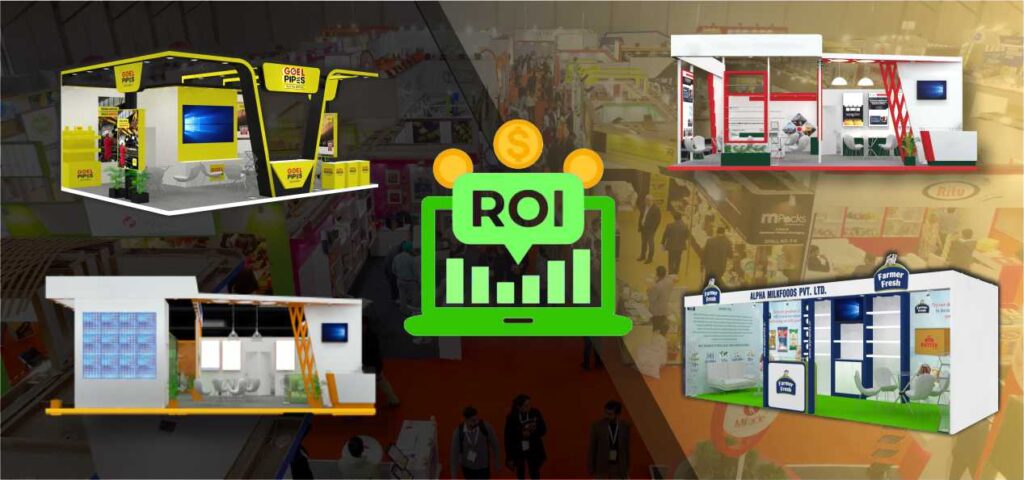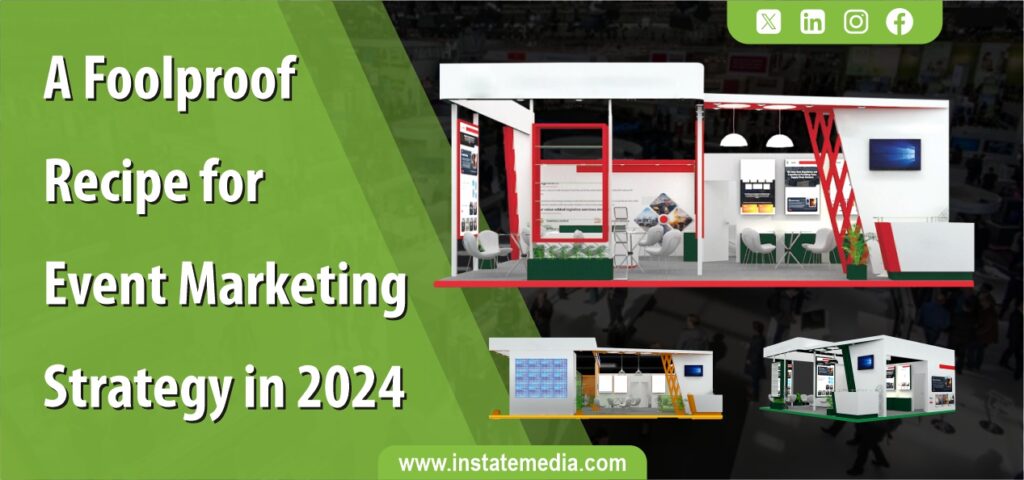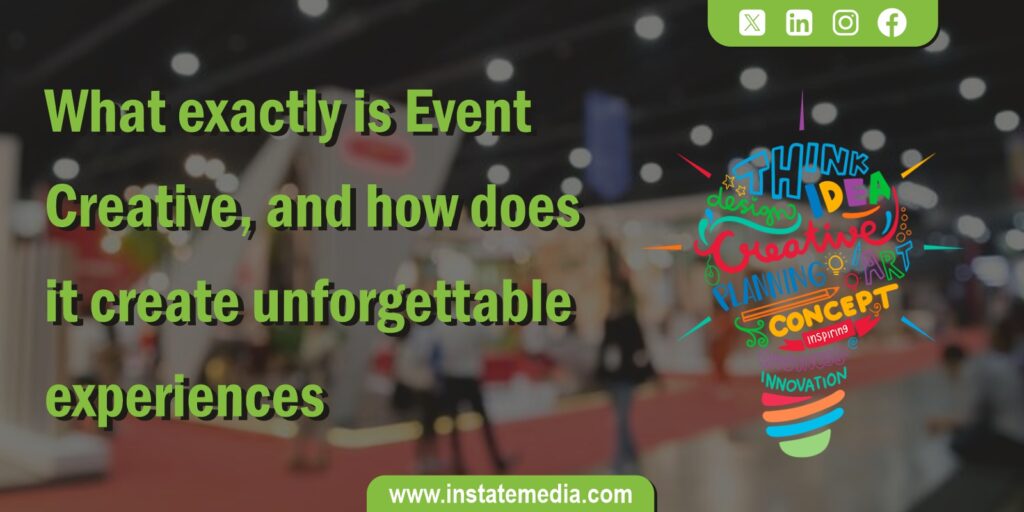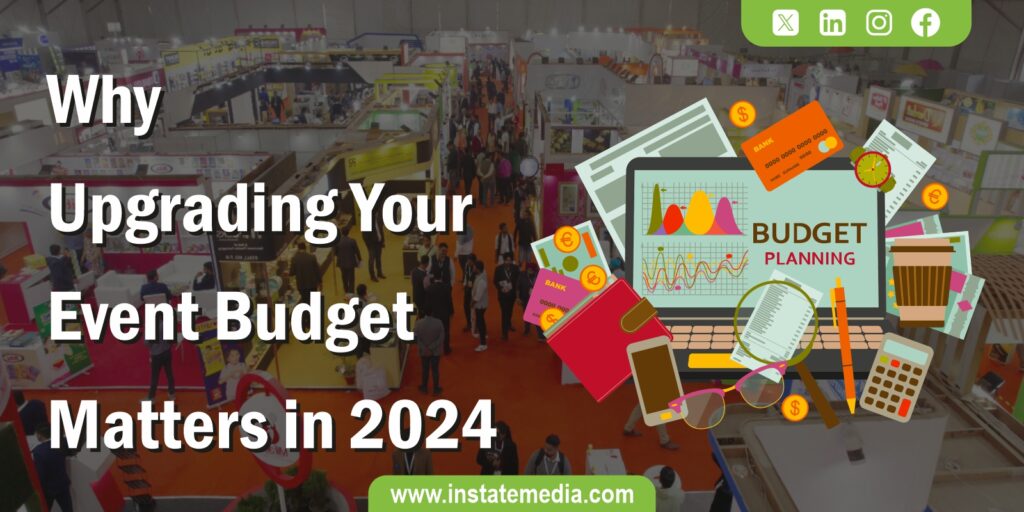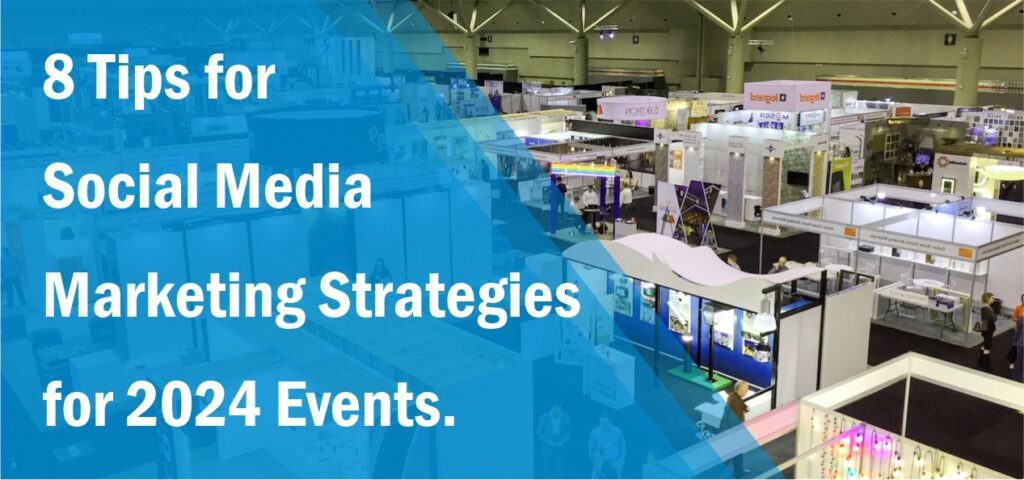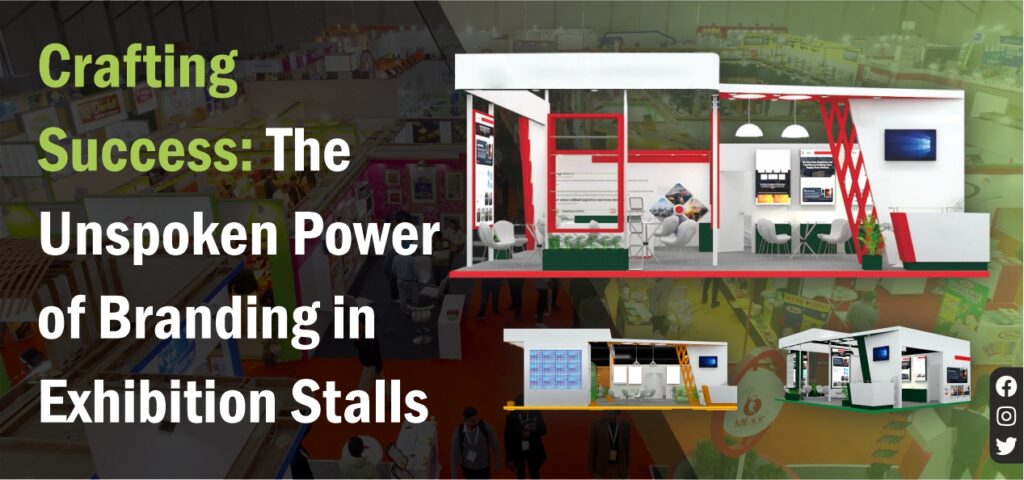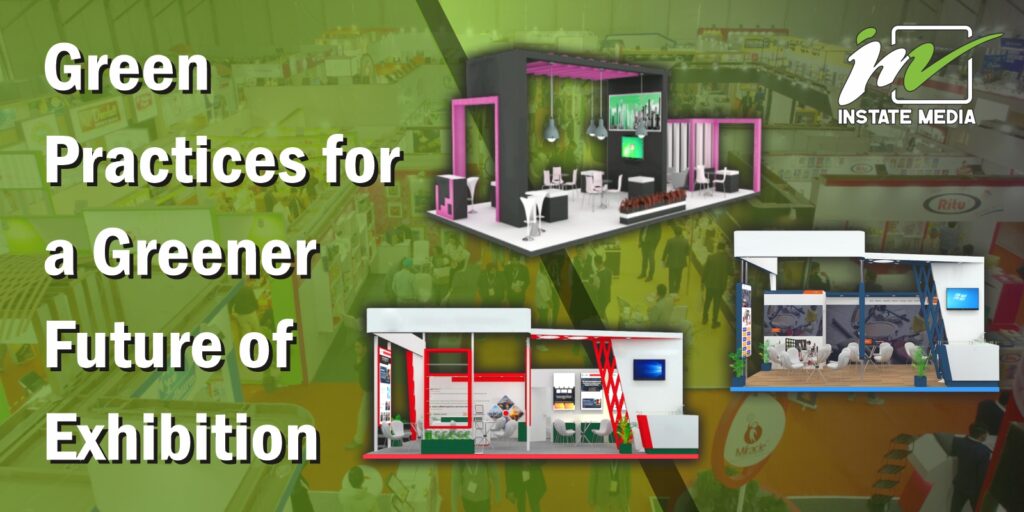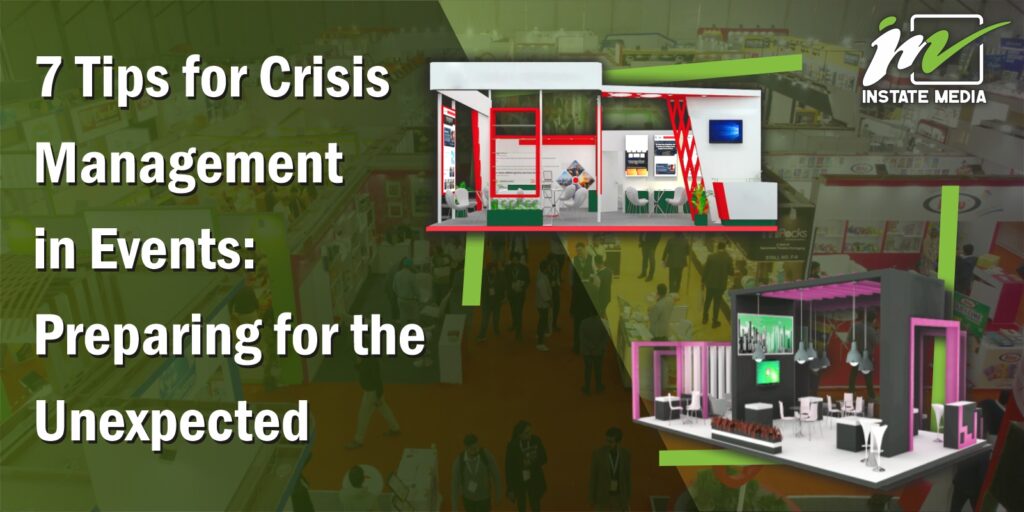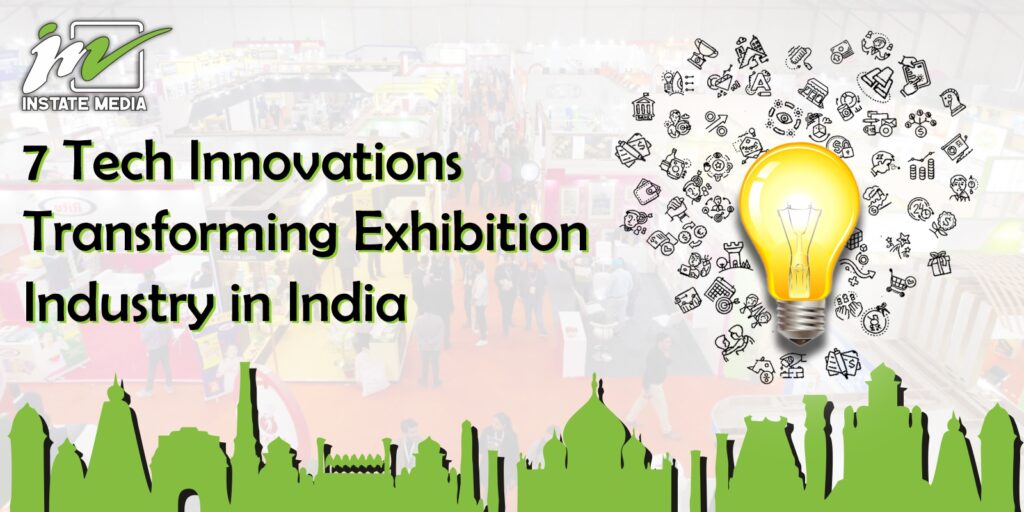A Foolproof Recipe for Event Marketing Strategy in 2024
In today’s business landscape, Events Marketing has become a cornerstone of industries, exerting ample power in both B2B and B2C spheres. According to a study by Splash, events stand out as one of the most potent tools in a marketer’s arsenal. Yet, harnessing this potential requires more than mere logistical finesse—it demands a well-crafted event marketing strategy. But what exactly does this entail? In a world brimming with diverse and dynamic events, there’s no one-size-fits-all solution.
Here, we delve into the intricacies of Event Marketing Strategy. We’ll unravel its components and shed light on the various approaches that can spell success for your events. From traditional singular annual gatherings to innovative community-driven models, we’ll explore the breadth of strategies available to modern event professionals. So, whether you’re a seasoned event organizer or a budding marketer looking to make a splash, Let’s uncover the secrets to crafting a foolproof recipe for event success.
Event Marketing Unveiled
Event Marketing harnesses the intrinsic value of human interaction and immersive experiences to achieve predetermined objectives. It encompasses a spectrum of goals, including entertainment, education, inspiration, sales, and more.
Organizations utilize Event Marketing to:
- Event Marketing expands brand visibility to a broader audience.
- Position themselves as authoritative figures in their respective industries.
- Cultivate trust and foster loyalty among their existing customer base.
- Garner valuable insights into the preferences and behaviors of their target audience.
- Enhance their conversion rates.
Exploring Event Marketing Strategies: A Tripartite Approach
Diverse events call for tailored Event Marketing Strategies. Drawing insights from contemporary marketing and event landscapes, we delineate three overarching strategy types:
- Singular Annual Event Strategy: Traditionally favored by many businesses, this approach focuses on meticulously planning and executing standalone annual events.
- Diversified Event Strategy: In response to evolving trends and market demands, some organizations adopt a more dynamic approach, orchestrating a series of interconnected events throughout the year.
- Community Model Strategy: A rising trend, particularly accentuated by the pandemic’s impact, involves fostering communities around events rather than relying solely on one-time occurrences.
Amidst the upheavals of 2020, the pandemic prompted a significant shift towards virtual platforms for events. While the immediate crisis may be receding, the transformative effects within the events industry endure. Event Marketers are increasingly embracing community-centric approaches, departing from the traditional reliance on singular events. This paradigm shift underscores the industry’s resilience and adaptability in navigating unprecedented challenges.
Rethinking Yearly Singular Events
Many organizations dedicate their efforts and budgets to planning a single large-scale, in-person event or conference annually. Given the extensive preparation time of 8-12 months and the substantial coordination required, it’s understandable why this approach is favored. However, once the event concludes, many event professionals consider their tasks fulfilled. Yet, this mind-set overlooks the opportunity to engage with freshly inspired attendees who, having had a positive event experience, feel a deeper connection to the brand or organization. In today’s digital age, the concept of planning singular annual events is gradually becoming outdated. Instead, event management companies advocate for a shift towards a multi-event strategy, encouraging event professionals to embrace a more dynamic approach.
Diversified Event Marketing Approach
A diversified Event Marketing approach extends its reach beyond a single event, encompassing a variety of engagements. For instance, following major annual in-person events, you can keep attendees engaged through subsequent virtual gatherings and hybrid events. Seize the moment during the event to inform attendees about upcoming engagements and capitalize on the event atmosphere to promote sales.
Implementing a diversified strategy involves allocating the event budget across multiple engagements. Goals can be tailored according to the nature of each event. This method encourages event marketers to prioritize brand storytelling. Each event should resonate with the brand’s values and maintain a cohesive narrative to enhance brand loyalty.
Engagement-Driven Community Marketing Strategy
The engagement-driven approach blurs the distinction between event and community marketing. Events serve as focal points where communities converge, fostering stronger bonds among members. However, sustaining a community requires more than just events. Recognizing this, event marketers emphasize continuous interaction with their brand throughout the year, facilitated by event platforms.
Event platforms and online forums provide invaluable opportunities for year-round engagement. These platforms offer a limitless space for community members to engage in discussions and learning activities. In return, marketers gain valuable feedback and deepen their understanding of their audience. Utilizing this feedback, marketers refine their Event Marketing Strategies. Furthermore, they can leverage webinars, virtual gatherings, giveaways, and tailored ambassador programs to cater to the community’s preferences, needs, and interests.
Crafting an Event Marketing Plan
Whether cultivating a community or orchestrating an annual event, event professionals must construct a well-rounded Event Marketing Plan. With events spanning various formats (in-person, virtual, hybrid) and featuring diverse goals, budgets, sizes, and attendees, each occasion demands its tailored marketing strategy.
However, there’s no universal marketing template that fits all occasions. Nevertheless, event professionals can draw inspiration from the following guidelines as they shape their next event marketing blueprint.
Grasp the Essence of Your Event Marketing
Initiate the development of your event marketing strategy by gaining a thorough understanding of your event. The more attention you dedicate to this initial phase, the smoother your event will run, alleviating stress for your planning team.
Key Components to Kick-start Your Event Marketing Strategy:
- Conduct thorough research on your target audience and develop detailed attendee personas.
- Clearly define your event objectives and establish key performance indicators (KPIs). Utilize the smart goals framework to set measurable criteria for event success.
- Develop a comprehensive event timeline encompassing all planning aspects, including operations, marketing initiatives, design elements, and vendor coordination.
- Determine the most effective marketing channels to promote your event, considering options such as social media platforms, email marketing campaigns, podcasts, blogs, advertisements, and more.
- Select the optimal method for delivering your event content to engage and resonate with your audience effectively.
- Evaluate how your event aligns with your broader business or marketing strategy to ensure consistency and maximize overall impact.
Market Your Event
Following event planning, it’s crucial to devise a comprehensive Event Marketing Strategy. Develop a structured transaction timeline, allocating separate sections for each promotional channel. Consider leveraging:
- Social media platforms
- Email marketing campaigns
- Paid search advertisements
- Press releases
- Your Website or Blog
By doing so, you’ll guarantee the timely delivery of high-quality content and stay ahead in planning future posts. Additionally, if you’re adopting the community model, having an overarching marketing timeline will prove invaluable in coordinating multiple events and other brand initiatives effectively.
Utilize Data for Assessing Event Marketing Effectiveness
In the past, measuring event success posed challenges due to limited access to quantitative attendee data. However, with the advent of event technology solutions like event apps and platforms, this landscape has transformed. Event marketers now have access to an unparalleled wealth of data insights concerning their events.
Data empowers event marketers to:
- Understand their target audience better
- Prove the value of event marketing to decision-makers
- Negotiate higher budgets for upcoming events
- Develop a future event marketing strategy
Post-Event Reflections: Content and Feedback
A comprehensive Event Marketing Strategy extends its reach beyond the event’s end. Key areas for post-event consideration include content management and soliciting feedback.
Begin by establishing a content strategy. Address the following inquiries:
- What content was captured during the event?
- What distribution channels and methods will be utilized for disseminating this content?
- Will on-demand sessions be made available?
- How will user-generated content be featured or emphasized?
Next, prioritize collecting feedback from attendees, sponsors, exhibitors, and other key event stakeholders. This feedback serves as invaluable guidance for refining your future event marketing strategies. Additionally, view your event marketing plan as a fluid, evolving resource. Embrace the opportunity to adjust and enhance it based on attendee feedback, ensuring it remains finely tuned to cater to your target audience’s evolving needs and preferences.
Craft Your Event Marketing Strategy with Endless Events
Events wield tremendous marketing influence as they offer immersive brand experiences. To ensure success, seasoned event professionals recognize the importance of crafting a robust Event Marketing Strategy.
Conclusion:
We’ve categorized event marketing into three main groups and provided fundamental guidelines for formulating a strategy tailored to your upcoming event. Nevertheless, each event is unique. Allow your audience and brand narrative to guide your decisions. Feeling uncertain about where to begin? We’ve got you covered. Endless Events is a trusted event management company specializing in empowering businesses to harness their potential and achieve their objectives.


